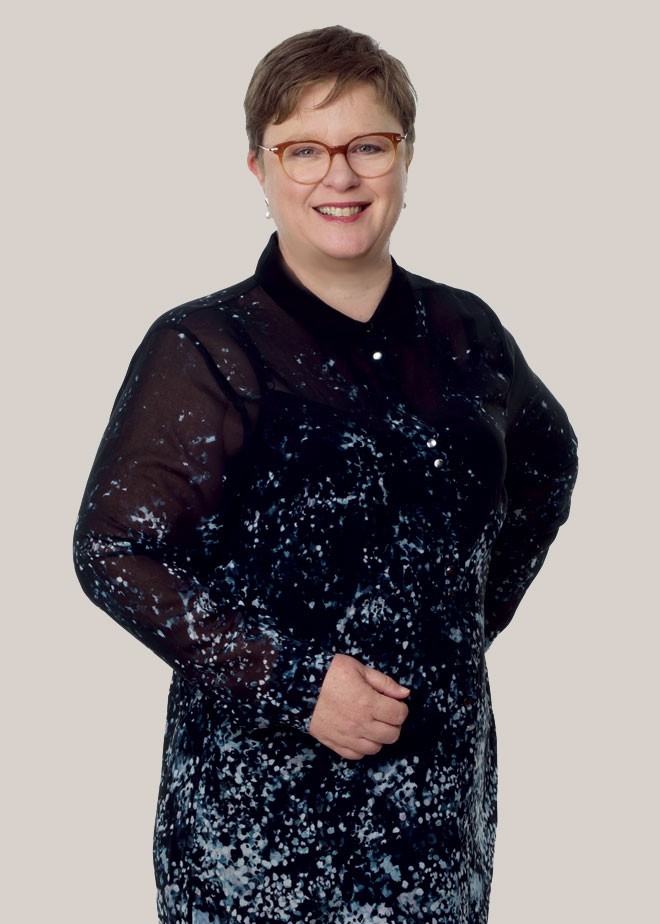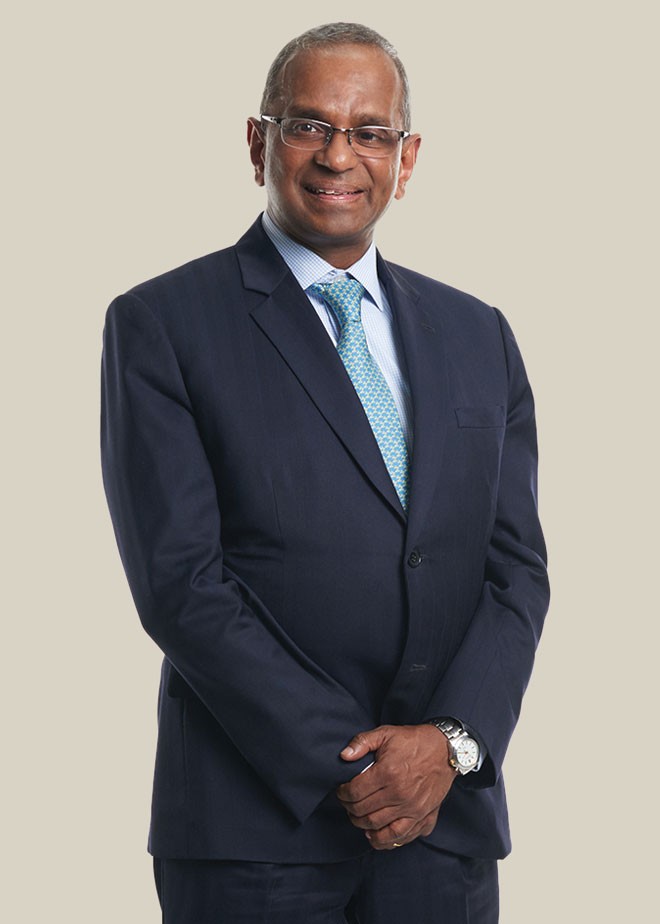
The time and space provided by lockdown has led many professionals to focus on the contribution they want to make at work, leading them to explore sideways moves within their organisation.
Kabir Nath, talent management leader at Mercer Singapore, says non-linear careers have been growing in popularity during the past couple of years. Employees increasingly want more control in mapping out their career paths, while the pursuit of a larger purpose and lifelong learning are also important.
He says that skills, rather than years of experience, are increasingly the predominant currency of career movement.
Nath describes the new career path as like a climbing wall, with people often moving sideways as a preliminary to moving upwards.
Azizan Zakaria, people partner at PwC Malaysia, has also noticed the trend for non-linear careers.
‘What drives some people is no longer a position or title at the top, but making an impact or doing work that is meaningful to them,’ he says.
He adds that PwC Malaysia has people working in HR, risk and quality, and markets and finance, who started their careers in areas such as assurance, tax and advisory.
The firm has a number of formal programmes to support non-linear careers. Senior associates and above working in audit functions can be seconded to different units, including business transformation and accountancy advisory services, for six to 12 months, with some secondments becoming permanent moves.
Employees increasingly want more control in mapping out their career paths, while the pursuit of a larger purpose and lifelong learning are also important
Profession with a passion
Tan Lee Li FCCA, development consultant at PwC’s Academy, PwC Malaysia, decided to pursue a non-linear career so she could have an impact on the accounting profession in a way more closely aligned with her passion for teaching.
After working in assurance for four-and-a-half years she transferred to PwC’s learning and development unit. ‘The attrition rate of auditors is high in Malaysia, and I wanted to help change that,’ she says.
She started off designing and teaching audit and accounting courses, but her role has recently expanded to include leading future skills initiatives to help employees develop digital skills.
‘I am still able to leverage the skills I gained from my time in audit,’ she explains. ‘The fact that I previously worked in assurance has allowed me to understand better the pain points faced by my colleagues, as I have most likely gone through them myself.’
The multistage life
Non-linear careers are part of a shift to a multistage life away from the traditional three-stage model of education, work and then retirement, according to Liana Attard, multinational client group leader for Asia, at Mercer.
She points out that younger generations are looking at a life that is likely to include continuous education, periods of self-employment, travel and traditional employment, with work continuing beyond previous retirement ages.
But she adds that employment practices are not aligned to this new reality.
‘Employers need to look at rewriting the career narrative and remaking opportunities,’ she says.
Attard suggests that companies should redesign lifelong learning programmes, be honest about how jobs will change as a result of AI and automation, and create room for people to experiment with different futures.
Talent imperative
Agnes Chan, managing partner for Hong Kong and Macau at EY, thinks companies have to offer non-linear career paths to attract and retain younger talent. She adds that business transformation is another driver for acquiring new skills.
‘The slowdown in the pace of the economy caused by Covid-19 means individuals have had more time to think clearly about what they want to do and whether what they are doing now is their long-term career,’ she says.
One of the ways EY supports non-linear careers is through offering online courses. Chan says during the first eight months of this year, the number of people completing such courses in Hong Kong and mainland China was almost triple the number for the whole of 2019.
She adds that the most popular courses were in areas such as design thinking, data visualisation and robotic process automation, as well as soft skills and wellbeing.
Sense of accomplishment
Christy Ho, senior associate for consulting, at EY, moved from audit to business consulting after discovering an interest in studying companies’ operations and business risks while conducting financial audits.
‘I found joy and a greater sense of accomplishment in being able to spot the operational deficiencies and suggest solutions to clients,’ she explains. ‘Doing things that I love and am truly passionate about is always my key to success.’
While Ho’s skillset and technical knowledge from her audit experience was transferable to her new role, she says she is still exploring new things, learning and growing every day, which has made her career more fulfilling.
Ow Ghim Siong, manager, analytics and technology, at RSM Singapore, originally trained as a chemical engineer, but ended up doing DNA and cancer research at Singapore’s Agency for Science, Technology and Research, before moving into analytics and later joining RSM Singapore.
He says he did not actively pursue a non-linear career but was driven by his aspiration to continuously learn new things. ‘My experience in a non-linear career has taught me how to adapt to change but yet stay true to my values,’ he says.
Typically, those who successfully manage non-linear career paths are individuals with strong resilience, adaptability and influencing skills
Good for the firm
Dennis Lee, partner, business consulting at RSM Singapore, points out that encouraging non-linear careers, not only gives individuals greater flexibility but also enables firms themselves to attract talent from different industries and people with non-traditional skillsets. ‘We believe that this will ultimately drive business transformation,’ he says.
Zakaria agrees, adding that supporting employees in non-linear careers has significant benefits for organisations too, in terms of improved retention and helping to fill talent gaps.
Chan says that employees who pursue non-linear careers also bring a valuable diversity of thought to companies, and points out that people who are passionate about what they do are usually more proactive in offering new ideas.
Nath says: ‘Companies that support and enable non-linear career paths are truly future-proofing themselves. Typically, those who successfully manage non-linear career paths are individuals with strong resilience, adaptability and influencing skills.’
Tan advises anyone interested in pursuing a non-linear career to have a clear understanding of the impact they want to make. ‘Reminding yourself of this purpose will help add meaning to your career,’ she says.
Dare to try
She adds that people should also look to develop a growth mindset and dare to try. ‘Learning continues throughout life, and we are always capable of learning and mastering new skills.’
Ho agrees. ‘Do not be afraid to move away from the linear path when you find that a conventional career approach does not work for you.
‘A successful career does not need to be a straight-up climb of the corporate ladder. What matters is that you find success and fulfilment in what you do.’





